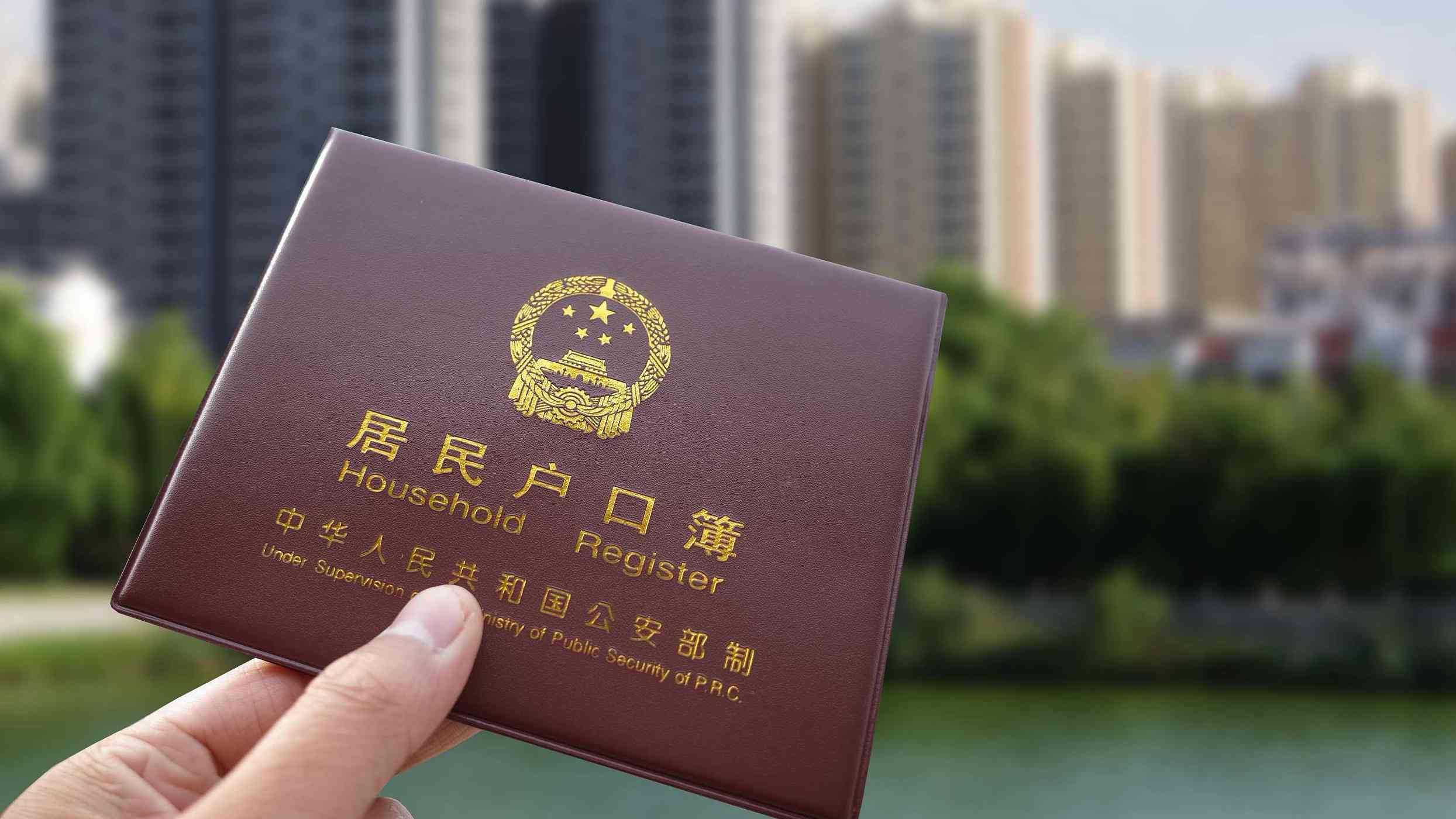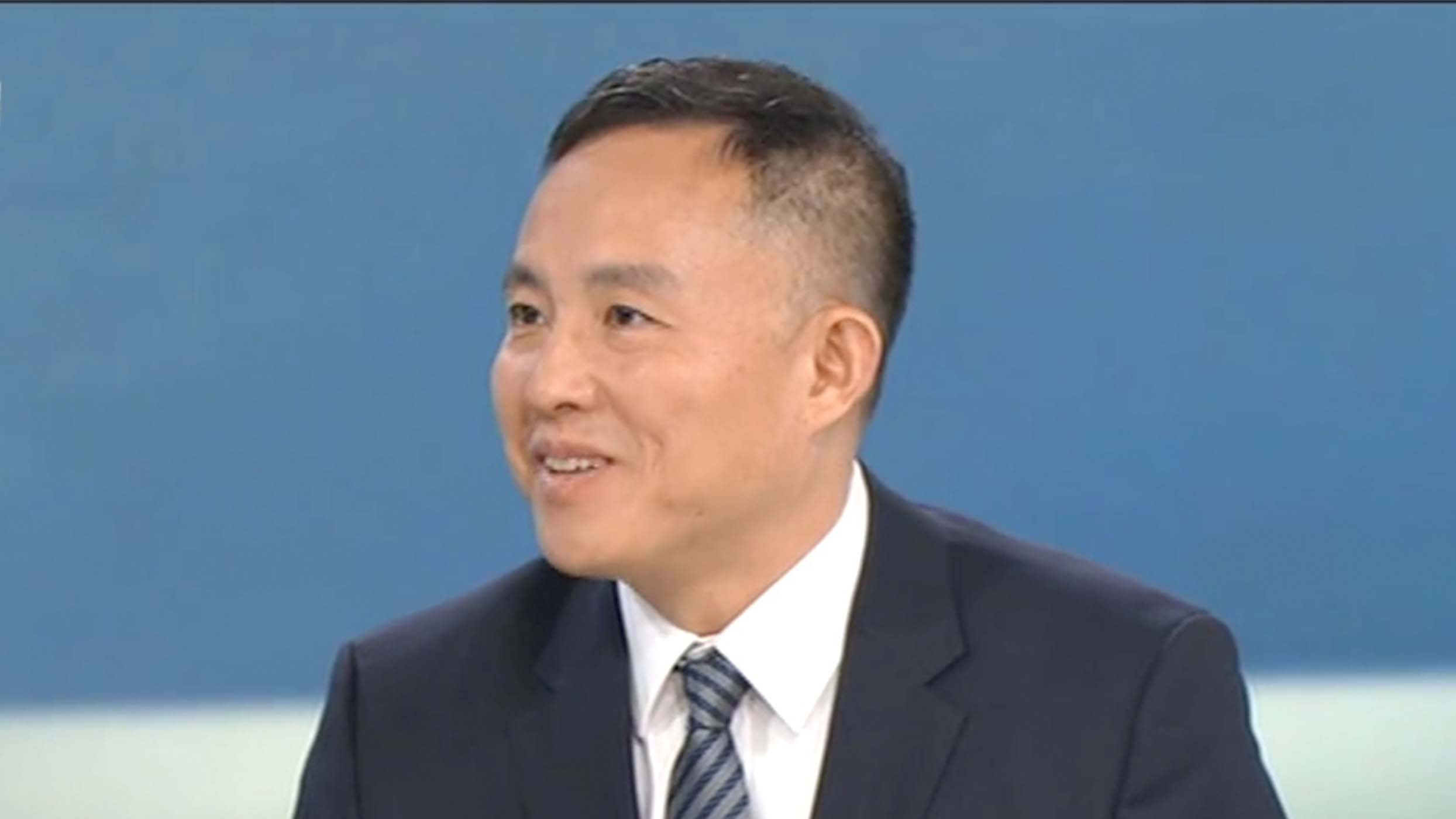
TV Show
22:28, 15-Apr-2019
How China's Hukou reform stimulates talent dividends
Dialogue with Yang Rui
01:14

China's residency registration system, known as Hukou, not only includes identifying information, but also creates a connection with social welfare based on a person's birthplace.
A new policy adopted by China's National Development and Reform Commission (NDRC) to relax the existing residency restrictions and encourage 100 million rural citizens to move to the cities has attracted much attention.
Meanwhile, local governments have initiated a "war for talents" since early 2019: Hangzhou in China's eastern Zhejiang province, Shijiangzhuang in central Hebei province, and Xi'an in western Shaanxi province have announced moves to attract more migrants with college and post-graduate education.
"I think that is a great step forward," Wang Huiyao, president of the Center for China and Globalization told CGTN's Dialogue with Yang Rui, regarding the impact of the Hukou policy reform. "This is really in time to stimulate domestic economy and consumption."
According to the new policy, cities with a population between one million and three million will lift the restrictive residency registration system to encourage rural citizens to move to the cities.
The government will also lower the threshold of residency requirements in cities with a population of between three and five million.
"It also shows the equality between rural and urban (areas). China's population dividend is declining and we have to tap into the talent dividend and also the economy of scale, the urbanization that probably will still be the driver of China's growth (in the near future)," said Wang.
"This measure by the NDRC is extremely important to stimulate domestic consumption, development and most of all to liberate 100 million rural migrants to the cities. A lot of them are already in the cities. Now they have legal status, now they can enjoy social benefits and have children settle down... I think it's a really remarkable and wonderful step forward. And China and the local government will benefit."
00:58

Job prospects are one of the essential elements considered by people when choosing where to settle down, making this one of the driving forces behind the battle for talent.
"The current policy change is really about attracting more of the population, ideally educated population," noted He Jing, an attorney with Anjie Law Firm.
"But whether that is a sufficient incentive for talents or educated people to move into cities, is totally different."
Some young graduates may easily obtain Hukou in one city but still prefer to work in another city, He noted, citing young lawyers in his firm.
"You might see more of the fresh college graduates get Hukou in some of the smaller cities, they get benefits in terms of getting hospital (care) or buying a house for their parents. But they still work in the bigger cities like Beijing," He concluded.
(If you want to contribute and have specific expertise, please contact us at opinions@cgtn.com.)

SITEMAP
Copyright © 2018 CGTN. Beijing ICP prepared NO.16065310-3
Copyright © 2018 CGTN. Beijing ICP prepared NO.16065310-3